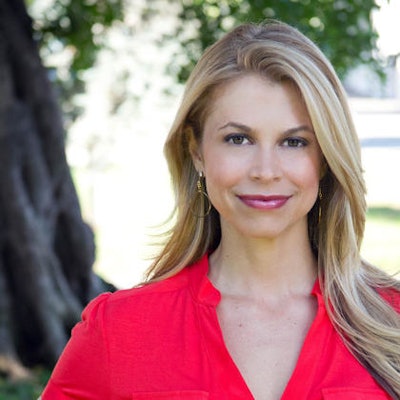
 The generational divide is the biggest diversity issue facing the workforce — even bigger than sex or race, says Christine Hassler.
The generational divide is the biggest diversity issue facing the workforce — even bigger than sex or race, says Christine Hassler.
“By 2020, there are going to be 80 million Millennials strong and they are taking over the workforce,” she says.
A life coach, corporate speaker and Gen Y (aka “Millennial”) expert, Hassler says learning to bridge the generation gap is especially critical inside manufacturing plants, where baby boomers often haven’t adapted their managing style for younger employees.
“Millennials don’t think like baby boomers,” she says. “But previous generations are still imposing their priorities and preferences on newer generations.”
A job-hunting Millennial’s wish list often includes security and a decent salary, but many are also looking for a fun place to work that nourishes their career with feedback and mentoring.
And sure, Hassler admits there are plenty in Gen Y that might be better described as “Gen Whine” — you know, the entitled type who make big demands when they’re just starting their career.
But Hassler says the stereotypes don’t hold true for many — and her tips are really about fostering human connection that extends beyond one generation. Plus, with what many believe is a looming skills gap crisis in manufacturing, it pays to know how to attract and retain a young and talented workforce.
Here are Hassler’s tip for ushering in an era of Gen Y.
Attracting the next generation:
“Just like you upgrade your phone, manufacturers need to upgrade their recruitment policy,” Hassler says.
Who are the best experts to help devise a recruitment plan for Millennials? Look farther than other than current Gen Y employees to help, Hassler says.
“Twitter was having trouble recruiting younger employees. So they went to their Millennials, who made a funny recruitment video, and they increased applications,” she says. “Also, friends want to work with friends.”
Create a fun and inclusive workplace culture:
There are lots of ways to make your office or facility feel like somewhere employees are happier to be. It could mean letting employees decorate their own space, having a nap room (seriously!) or an awesome kitchen. Hassler says you can also try taking the team on fieldtrips or finding other ways to facilitate social interaction away from just the water cooler.
Give careful direction:
When it comes to taking directions, Hassler says Millennials are often driven by results and outcome. And they often work best when given instructions one step at a time.
“It’s like if you got directions from MapQuest…Millennials don’t look at the whole route. They go step by step,” she says.
Provide frequent feedback and mentoring:
Frequent feedback for many Gen Y-ers is crucial, and Hassler recommends quarterly review sessions.
In addition, Hassler says companies need to make sure they’re not slacking on setting up mentorship programs, which employees often highly value.
Ideally, Hassler says mentors should be someone who is not a direct supervisor of the employee so that they feel free to ask questions without repercussions.
“It’s also a good way for reverse mentoring opportunities,” she notes. “I think a lot of people have great ideas they don’t feel comfortable bringing to their boss.”
Make sure your company has a positive story to tell:
Many Millennials are on the hunt for a company they feel is making a positive impact.
“Have a cause you care about and that the company gets behind,” Hassler recommends.
Christine Hassler was a keynote speaker at the SAP For Chemicals conference March 25-27, in Atlanta, Georgia.






















